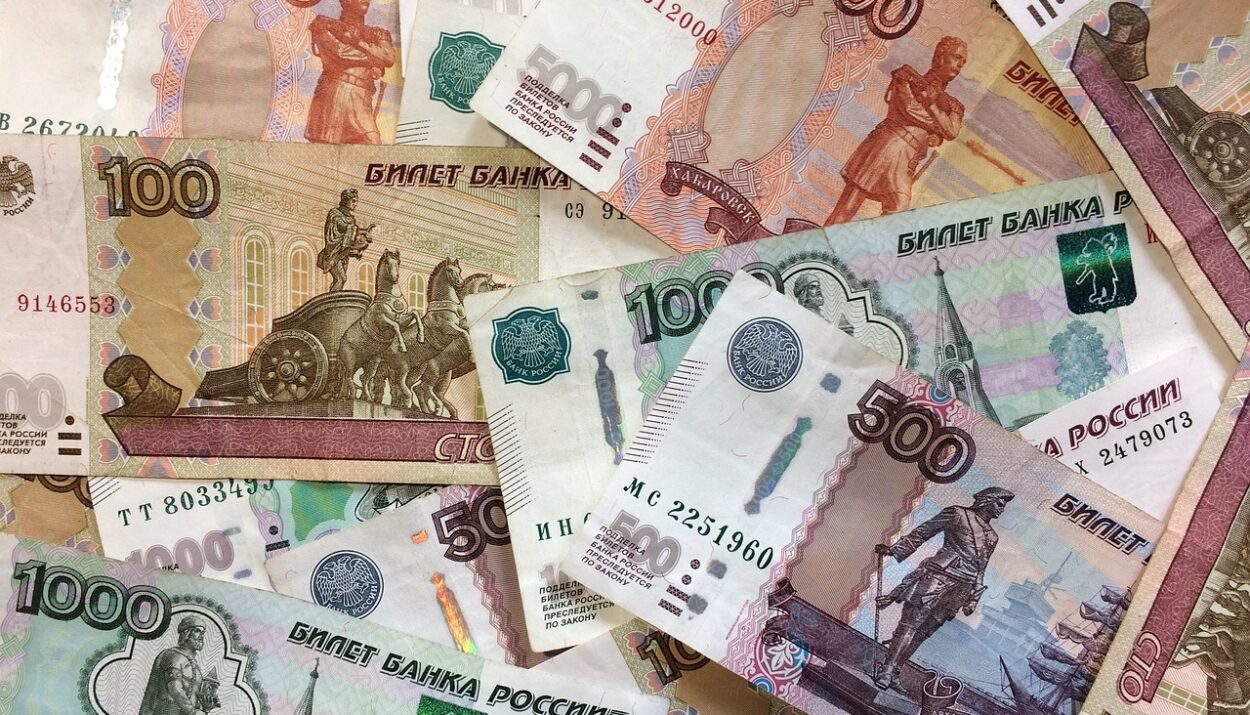The Russian government has eased foreign currency sales requirements for exporters if over half of their contract value is paid in roubles, according to changes in a government decree. President Vladimir Putin’s October decree reintroduced capital controls for industries like fuel, energy, metals, chemicals, timber, and grain to support the rouble amid capital outflows and limited foreign currency supply.
In April, these measures were extended for a year, requiring exporters to deposit at least 80% of foreign currency earnings with Russian banks and sell 90% of those proceeds domestically within two weeks. The recent amendment, signed on May 30, allows the government Commission on Foreign Investments to waive these requirements if contracts are primarily settled in roubles.
The central bank, skeptical of the controls’ efficacy, has publicly disagreed with the government. Initially introduced as the rouble fell past 100 against the dollar, the currency now trades near 90. The government claims the controls mitigate rouble depreciation, while the central bank cites high interest rates and strong export revenues as more significant factors.
©2024 Reuters










